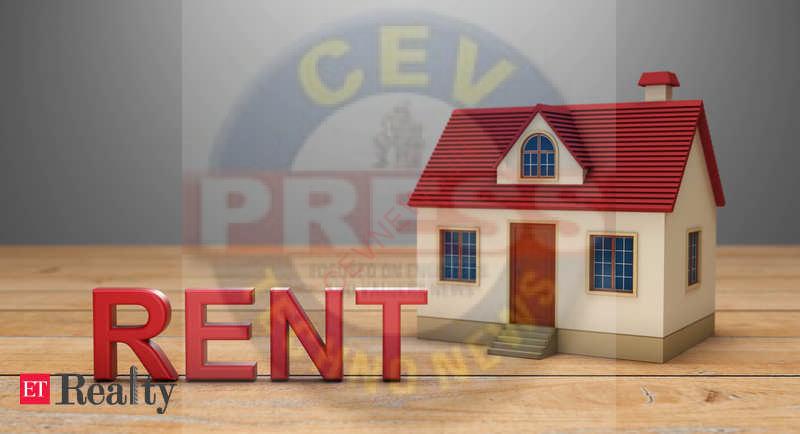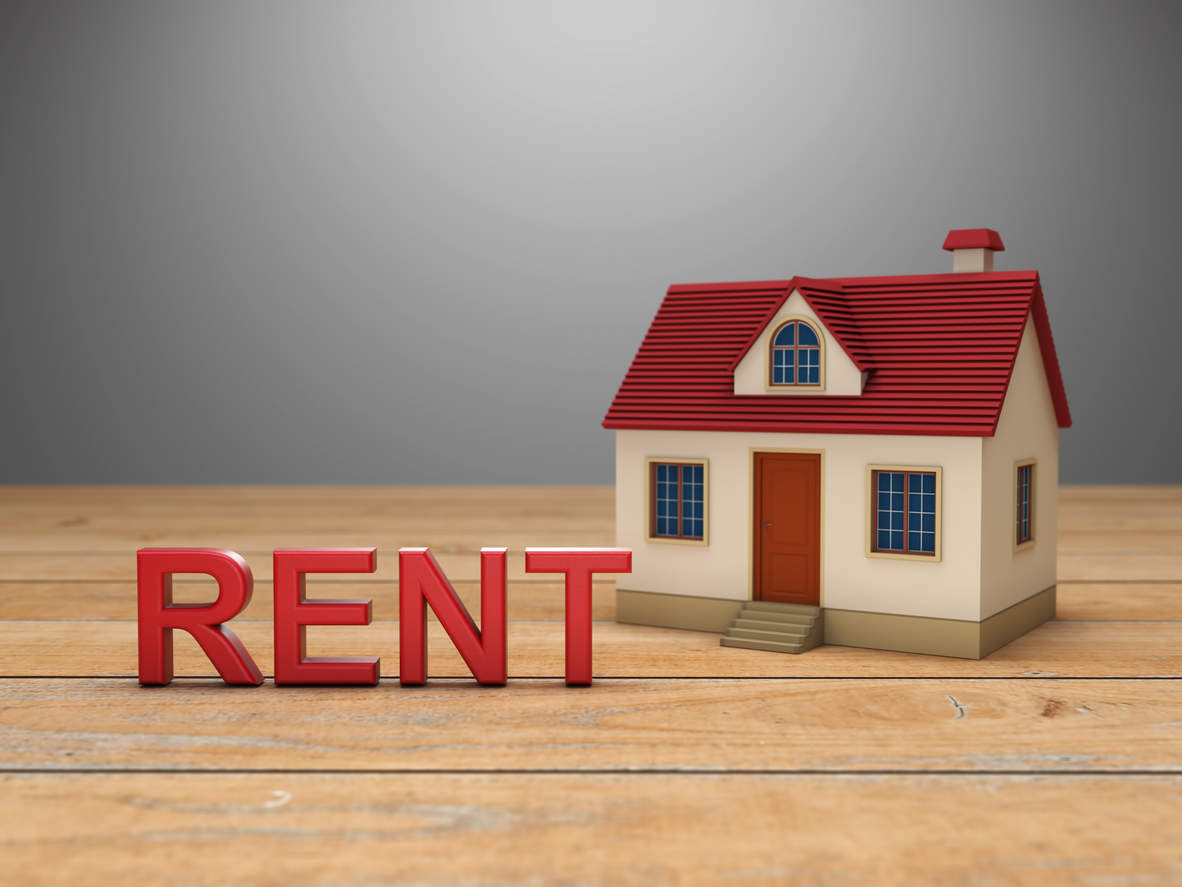The resolution states that the UMC will also bear the expenses of 116 structural audits of dangerous buildings in the city.
The decision has brought major relief to the locals, as there was panic and unrest in the city after two building collapse incidents, claiming the lives of 12 people. The UMC had served notices to over 1500 buildings asking them to get a structural audit done. Separate evacuation notices were served to 116 ‘very dangerous’ buildings, which were constructed between 1994 and 1998, during which many buildings were built using inferior quality Ulwe sand.
After notices were served, the UMC, without making any alternate arrangements for residents to stay at transit camps, had disconnected the water and electricity supply of 47 buildings out of 116. This had left over 2000 people homeless amid the Covid-19 pandemic, when everybody was already facing a financial crisis.
It resulted in the affected citizens as well as opposition BJP and RPI leaders targeting the civic body, and last week, they even held protest against UMC.
Looking at the citizens’ demands, UMC Mayor Leelabai Aashan from the ruling Shiv Sena party on Thursday had called a special general body meeting over the issue of the dangerous buildings. Aashan told TOI, “To provide relief to citizens living in dangerous buildings, corporators of all parties passed a resolution unanimously. According to that, UMC will bear all expenses of structural audit of 116 buildings and the civic body will also keep a separate fund of Rs 10 crore to pay rent of those who will get evacuated from these buildings for up to two years”.
Jeevan Idnani, another corporator from the ruling alliance, SAI party, said, “The resolution has also been passed to construct a transit camp in the city by reserving fund of Rs 20 crore in UMC. It is also decided that UMC will accommodate the residents first, before evacuating them from any buildings”.


